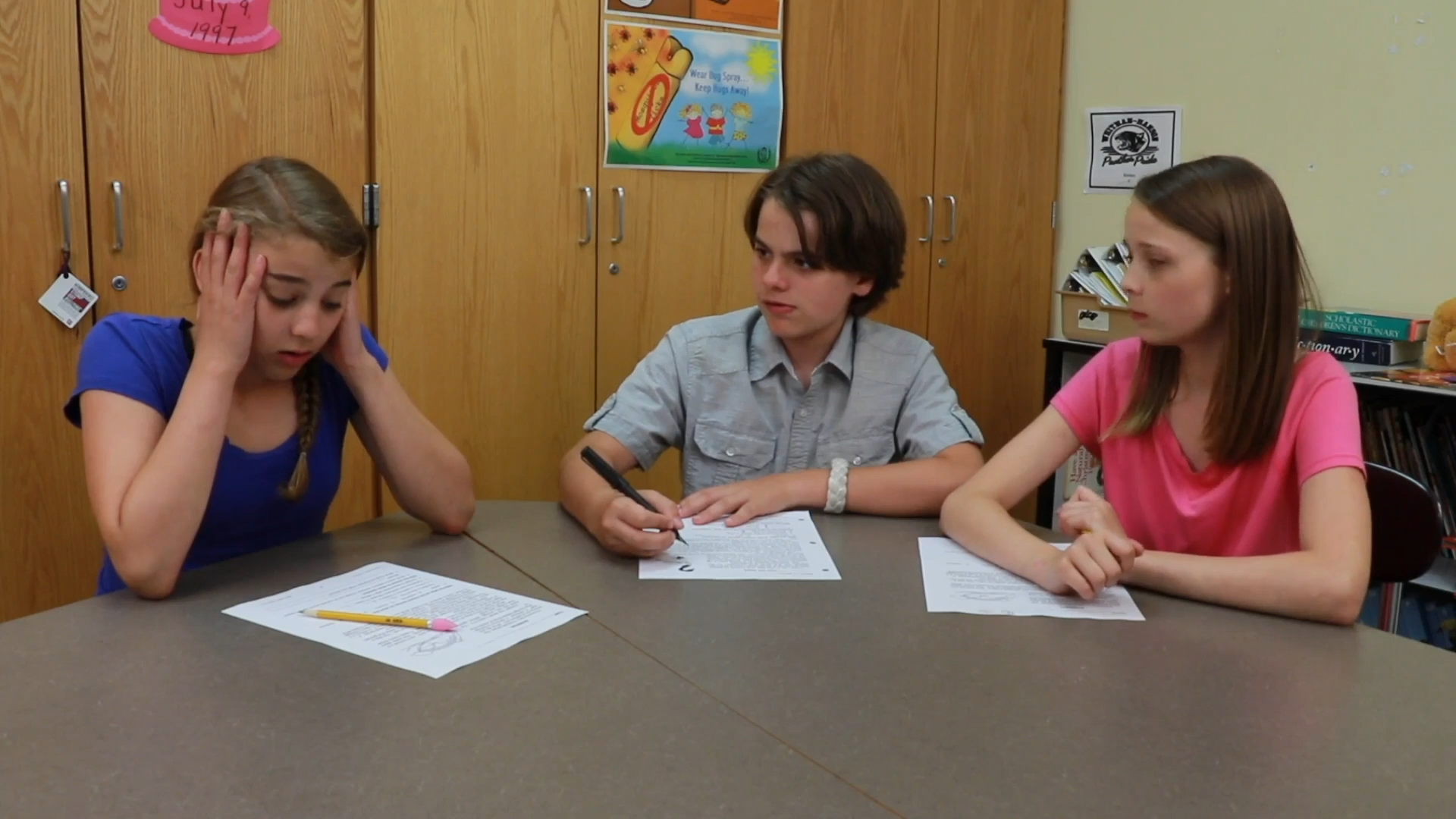
Introduction
Unexpected changes in a student’s daily routine can lead to feelings of anxiety and nervousness. It’s essential for educators to teach children how to cope with these changes and maintain control over their emotions. In this blog post, we’ll explore a no-prep activity that educators can use to help students handle changes in their routine, along with discussion questions and related skills.
No-Prep Activity
This activity is designed to help students understand and manage their feelings when faced with unexpected changes in their schedule. Begin by gathering the students in a circle and explain that you will be presenting them with a hypothetical situation. Present the following scenario:
Imagine that today is a regular school day, and you’re looking forward to your art class in the afternoon. Suddenly, your teacher announces that there will be a surprise fire drill during the time of your art class, and you won’t be able to attend it today. How does this change make you feel?
Ask each student to share their feelings and reactions to the change in their schedule. Encourage them to think about why they feel that way and discuss strategies to cope with their emotions. This activity helps students recognize their feelings and learn how to manage them in response to changes in their daily routines.
Discussion Questions
- Why do you think changes in our daily routines can make us feel nervous or anxious?
- What are some strategies you can use to help you feel more comfortable when your daily routine is disrupted?
- Can you think of a time when a change in your routine turned out to be a positive experience? Share your story with the class.
- How can we support our friends and classmates when they feel nervous or upset about changes in their routines?
- Why is it important to learn how to cope with changes in our daily routines?
Related Skills
Helping students cope with changes in their daily routines is just one aspect of Social-Emotional Learning. Here are some other related skills that educators can focus on to support students’ emotional well-being:
- Self-awareness: Encourage students to recognize and understand their own emotions and thoughts.
- Self-management: Teach students how to regulate their emotions, thoughts, and behaviors in different situations.
- Resilience: Help students develop the ability to bounce back from setbacks and adapt to changing circumstances.
- Empathy: Foster an understanding of others’ feelings and perspectives, and encourage students to show compassion and support for their peers.
Next Steps
If you’re interested in exploring more activities and resources to support your students’ Social-Emotional Learning, sign up for free samples of the discussed skill and others at Everyday Speech. These materials are designed to help educators create a positive learning environment and promote the emotional well-being of their students.

